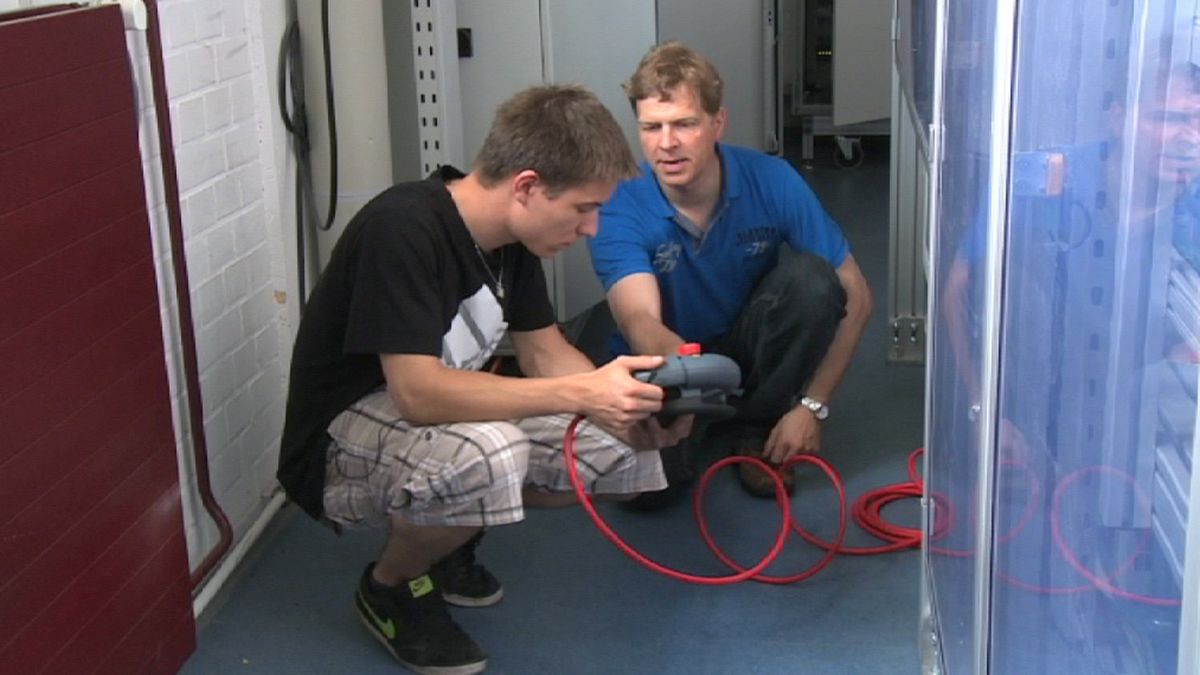This edition of Learning World goes to Germany to explore the different education systems available, depending on your address, your abilities and your parents’ convictions.
Federal Lines
Germany is organised along federal lines, meaning each region treats education in a slightly different way. Education policy is made by each of the 16 states, not by one centralised ministry.
Learning World spoke to Patricia Gasper, a teacher who qualified in the state of Brandenburg in the North East of Germany. After moving to Munich, which is in the Bavaria region, she found her degree was not recognised. She has been fighting for two years to get her degree at least partly acknowledged.
“If your studies are not recognised at all and if your degree is seen as inferior, then you feel discriminated against. I mean, you studied, did your traineeship, you had a lot of stress and work and you thought: now I can finally start to work,” she complained
Leaving the entire school system in the hands of the federal states has led to competition and different standards and quality of education. Surveys show 90 percent of Germans want the federal system changed, fearful of what might happen if they decide to move states.
The dual-system
Julian Rohr is a student at a Berufsschule, a vocational school in Hanover. He is one of more than 2.5 million students who have opted for the dual education system, which allows young people over the age of 16 to spend one or two days a week in classes, while following an apprenticeship at the same time.
“Through school, I reinforce what I learn here. I also learn new things and it is not only theory, in the laboratories we learn practical things. The contrast of the two experiences is very good,” said Julian.
However, these schools need up-to-date equipment and that does not come cheap.However, it seems to be a good investment, at Julian’s school around 80 percent get a job at the end of their studies.
Waldorf schools
In Waldorf schools, physical expression, dance, theatre and poetry are as important as reading and writing. The teachers do not rely on books allowing each to develop the programme in a unique way and to fit the rhythm of the students.
The first Waldorf school opened in 1919, founded by Austrian philosopher, Rudolf Steiner. These days there are more than 200 across Germany, ranging from kindergarten age to high school.
Steiner was also the founder of anthroposophy, a philosophy that believes in the existence of an intellectually comprehensible spiritual world, that can be reached though personal inner development.
Some people have criticised this aspect of the Waldorf schools, accusing them of subliminal indoctrination. But Waldorf teachers say the philosophy is simply a backdrop to help teachers release their creative powers. Henning Kullak-Ublick, a spokesman for Waldorf Schools, said: “It is not our aim to raise little anthroposophers. Our goal is to form human beings with free will.”
